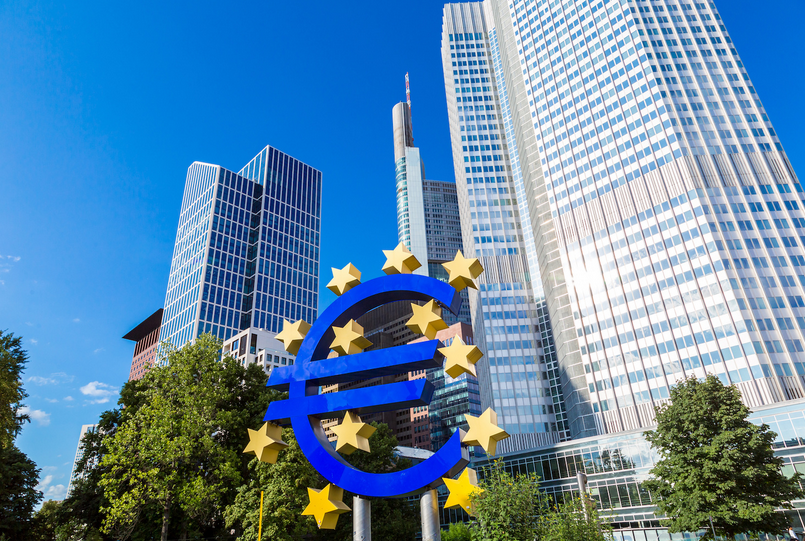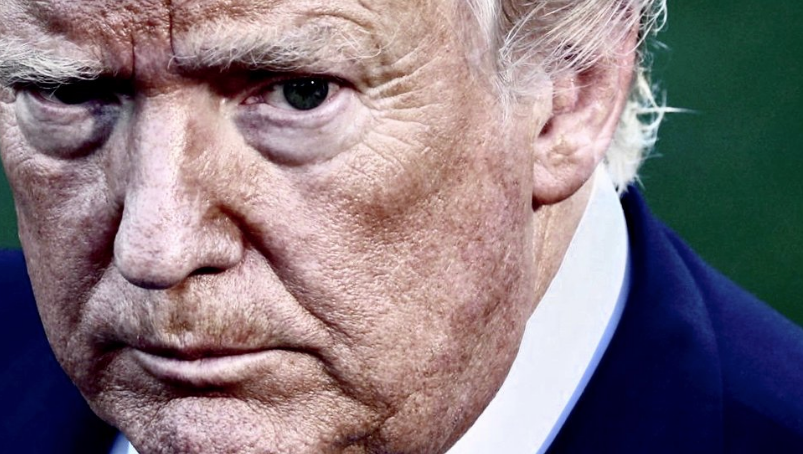Read the full text of the memorandum

As former central bankers and as European citizens, we are witnessing the ECB’s ongoing crisis mode with growing concern. The ECB has pursued an extremely accommodative policy for years of economic growth and price stability. The recent slowdown in economic activity, although regarded as temporary by the ECB itself, and risks due to Brexit and the trade war, have prompted the ECB to resume net asset purchases and further reduce the already negative deposit rate. Moreover, the ECB has committed itself to pursuing this extremely accommodative path for quite some time yet.
Our concern relates in particular to the following aspects of monetary policy.
- In October 1998, the Governing Council announced its definition of price stability as an average annual increase in the price level for the euro area of below 2 percent. The Council did not change this definition in the 2003 evaluation of its monetary policy strategy at all. In the past few years, the ECB has de facto altered the initial definition of price stability by considering an inflation rate for example of 1.5% as unacceptable. For years now, the ECB has failed to meet its self-imposed target of raising the euro area inflation rate to a level of below, but close to, 2 percent, which in the ECB’s interpretation seems to be a “point target”. The ECB essentially justified in 2014 its ultra-loose policy by the threat of deflation. However, there has never been any danger of a deflationary spiral and the ECB itself has seen less and less of a threat for some time. This weakens its logic in aiming for a higher inflation rate. The ECB’s monetary policy is therefore based on a wrong diagnosis. The frequently used argument that the ECB would be violating its mandate with low inflation rates is simply inaccurate. The Maastricht Treaty enshrines this mandate, according to which the primary objective of the ECB is to maintain price stability.
- Current considerations on defining the 2 percent threshold as a symmetrical inflation target represent a clear departure from a policy focused on price stability. This is particularly true if “symmetry” is understood in the sense that, after years of undershooting the 2 percent mark, a similar period of time should be spent allowing for an overshooting of the 2 percent inflation rate. And, incidentally, how, after years of unsuccessful “inflationary policy”, does the ECB intend to convince the public and the markets that it will succeed in stopping inflation at a certain level in good time?
- There is broad consensus that, after years of quantitative easing, continued securities purchases by the ECB will hardly yield any positive effects on growth. This makes it difficult to understand the monetary policy logic of resuming net asset purchases. In contrast, the suspicion that behind this measure lies an intent to protect heavily indebted governments from a rise in interest rates is becoming increasingly well founded. From an economic point of view, the ECB has already entered the territory
of monetary financing of government spending, which is strictly prohibited by the Treaty. - Negative side effects from very low or negative central bank interest rates was an issue for quite some time. Meanwhile these effects dominate as stressed in the theory of the reversal interest rate, by which the intended effect of very low rates is reversed and becomes contractionary. The negative impact of the ultra-low interest environment extends from the banking system, through insurance companies and pension funds, to the entire financial sector. The re-distribution effects in favour of owners of real assets, create serious social tensions. The young generations consider themselves deprived of the opportunity to provide for their old age through safe interest-bearing investments. The search for yield boosts artificially the price of assets to a level that ultimately threatens to result in an abrupt market correction or even in a deep crisis.
- Extensive loans at extremely low interest rates keep weak banks, and – indirectly through their lending – weak companies, afloat. This is accomplished in particular via Targeted Longer-Term Refinancing Operations (TLTROs), which rose considerably in 2018. The significant negative effects of very low or negative interest rates also include a “zombification” of the economy, which, according to OECD and BIS studies, has already reached a considerable level in some countries and is contributing to weaker productivity growth.
- In extending and further strengthening forward guidance, the ECB is firmly establishing a commitment to ultra-loose monetary policy for the future, thereby substantially impeding the exit from such policy.
A decade ago, the ECB’s monetary policy made a significant contribution to overcoming the severe recession and consolidating growth thereafter. However, the longer the ECB stays its extremely accommodative path, the more the negative effects prevail. Interest rates have lost their steering function and financial stability risks have increased. The longer the ultra-low or negative interest rate policy and liquidity flooding of markets continue, the greater the potential for a setback. Should a major crisis strike, it will be of very different dimensions than those we have seen before. Like other central banks the ECB is threatened with the end of its control over the creation of money. These developments imply a high risk for central bank independence – de jure or de facto.





